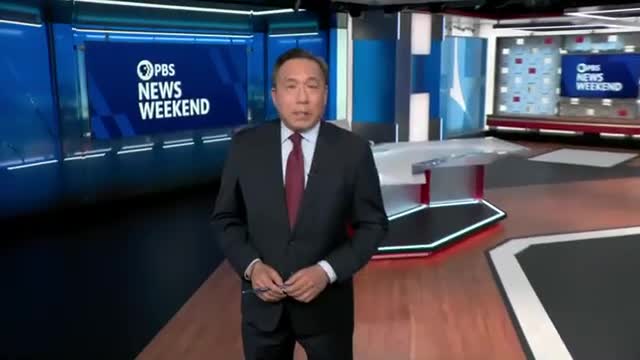Biden faces mounting pressure to exit 2024 race

This article was created by AI summarizing key points discussed. AI makes mistakes, so for full details and context, please refer to the video of the full meeting. Please report any errors so we can fix them. Report an error »

In a significant shift in Middle Eastern diplomacy, several nations are moving towards normalizing relations with Syria, a development that could reshape regional alliances and influence geopolitical dynamics. This initiative comes amid ongoing discussions about the implications of such moves for stability in the region.
In domestic politics, the issue of no-fault divorce has emerged as a contentious topic, with conservative politicians voicing their opposition. This debate reflects broader societal discussions about family law and its impact on marriage stability.
As the election year intensifies, border security remains a focal point, with reports highlighting the perilous journeys some migrants undertake to enter the United States. Concerns have been raised about the dangers posed by treacherous conditions, including hazardous currents and physical barriers, which can lead to life-threatening situations.
In other news, President Biden continues to recover from COVID-19 while facing increasing pressure from within his party to reconsider his candidacy for re-election. The call for him to step aside has gained momentum, with California Representative Mark Takano joining the chorus of dissenting voices. Despite this, Biden's team maintains that he is committed to staying in the race.
Meanwhile, a global tech outage has left airports, hospitals, and offices grappling with operational disruptions. Microsoft reported that over 8 million Windows devices were affected, leading to significant travel chaos with more than 1,600 flight cancellations and over 4,000 delays reported by FlightAware.
As these stories unfold, they highlight the complex interplay of international relations, domestic policy debates, and the challenges of modern technology in an increasingly interconnected world.
In domestic politics, the issue of no-fault divorce has emerged as a contentious topic, with conservative politicians voicing their opposition. This debate reflects broader societal discussions about family law and its impact on marriage stability.
As the election year intensifies, border security remains a focal point, with reports highlighting the perilous journeys some migrants undertake to enter the United States. Concerns have been raised about the dangers posed by treacherous conditions, including hazardous currents and physical barriers, which can lead to life-threatening situations.
In other news, President Biden continues to recover from COVID-19 while facing increasing pressure from within his party to reconsider his candidacy for re-election. The call for him to step aside has gained momentum, with California Representative Mark Takano joining the chorus of dissenting voices. Despite this, Biden's team maintains that he is committed to staying in the race.
Meanwhile, a global tech outage has left airports, hospitals, and offices grappling with operational disruptions. Microsoft reported that over 8 million Windows devices were affected, leading to significant travel chaos with more than 1,600 flight cancellations and over 4,000 delays reported by FlightAware.
As these stories unfold, they highlight the complex interplay of international relations, domestic policy debates, and the challenges of modern technology in an increasingly interconnected world.
View full meeting
This article is based on a recent meeting—watch the full video and explore the complete transcript for deeper insights into the discussion.
View full meeting